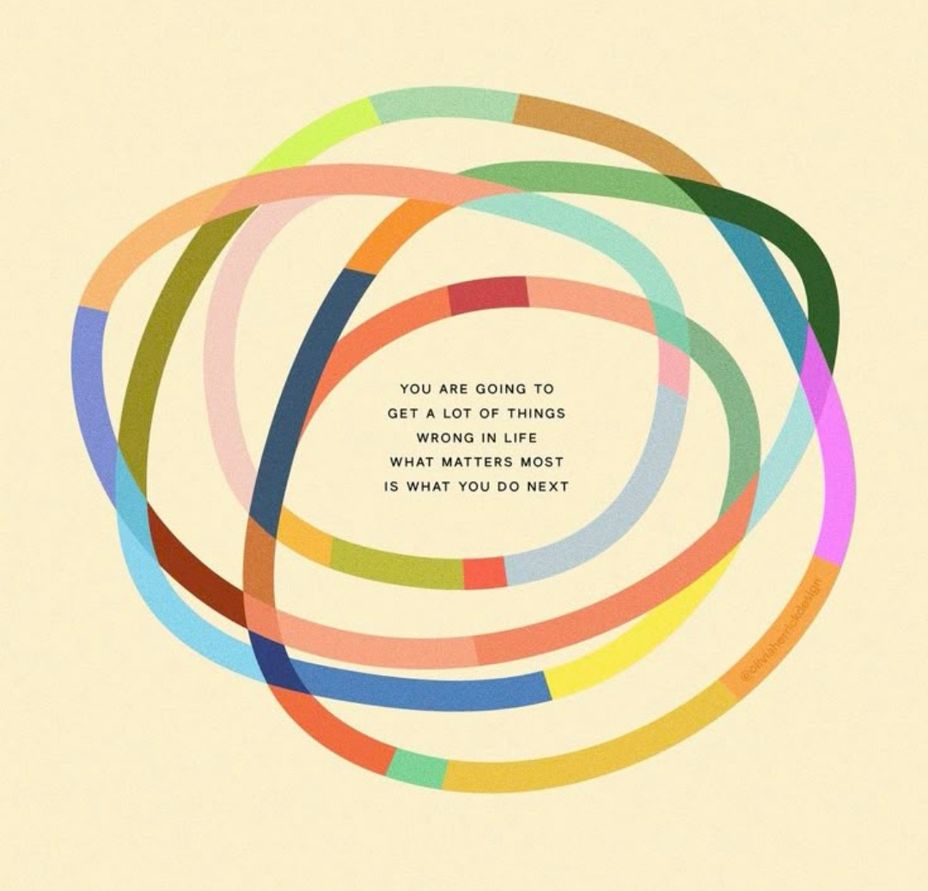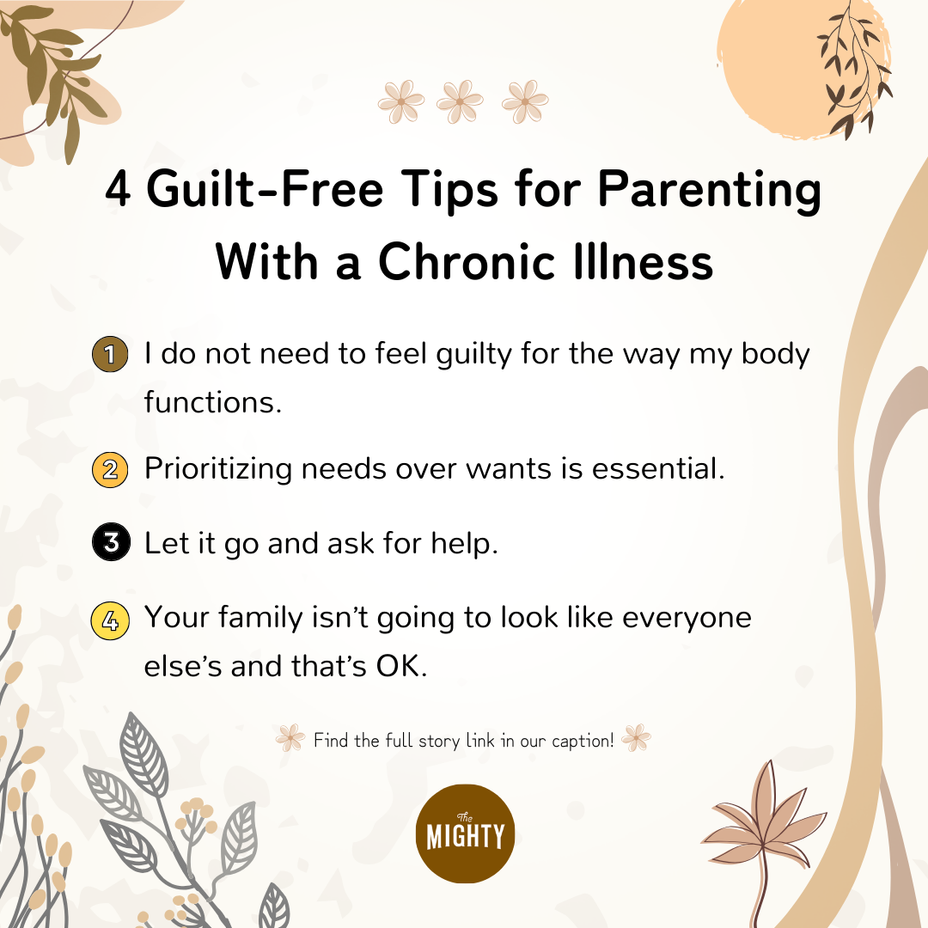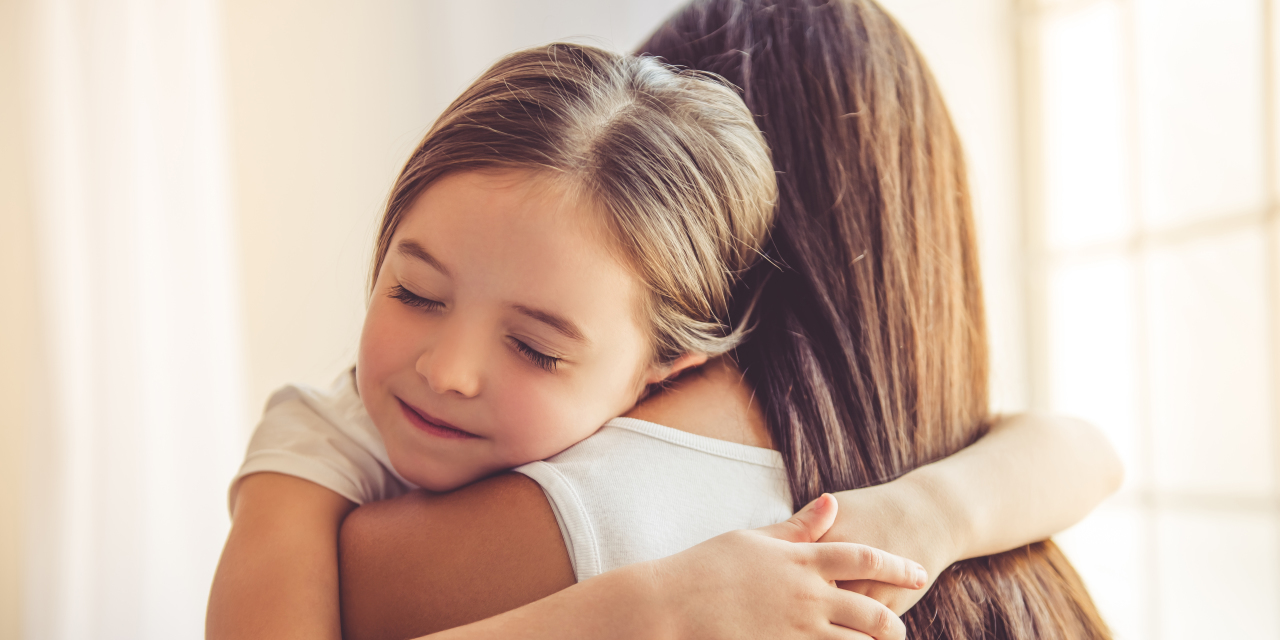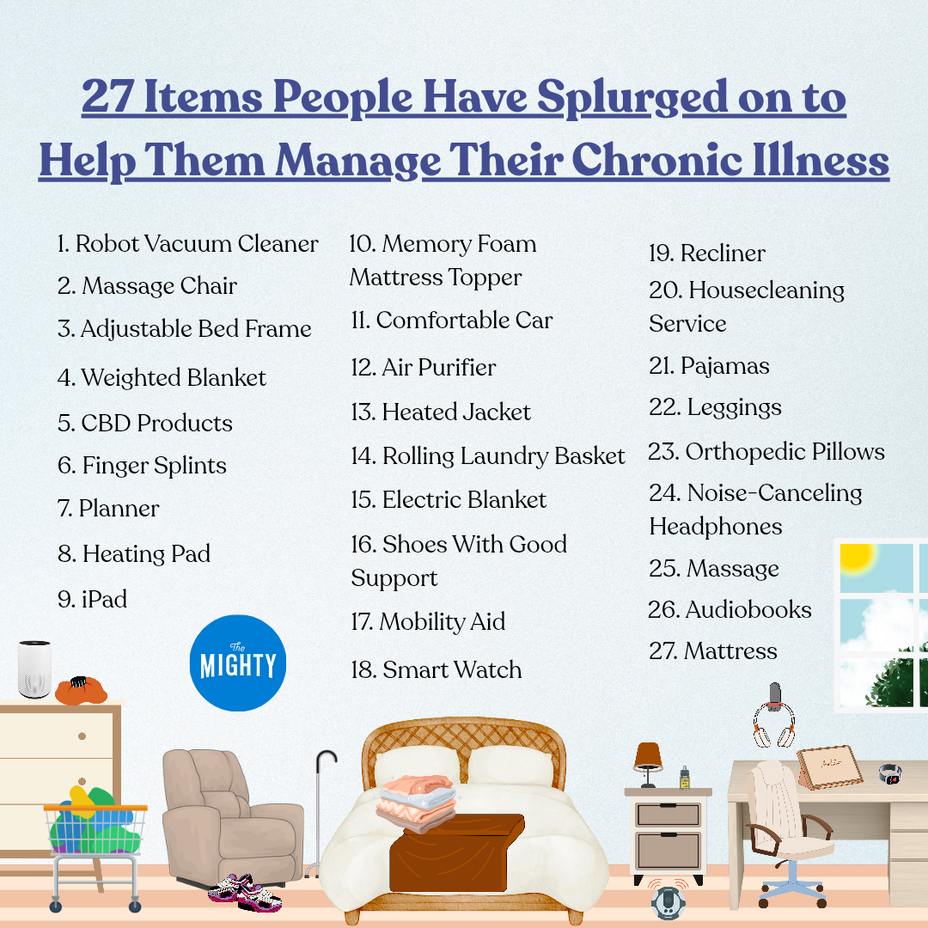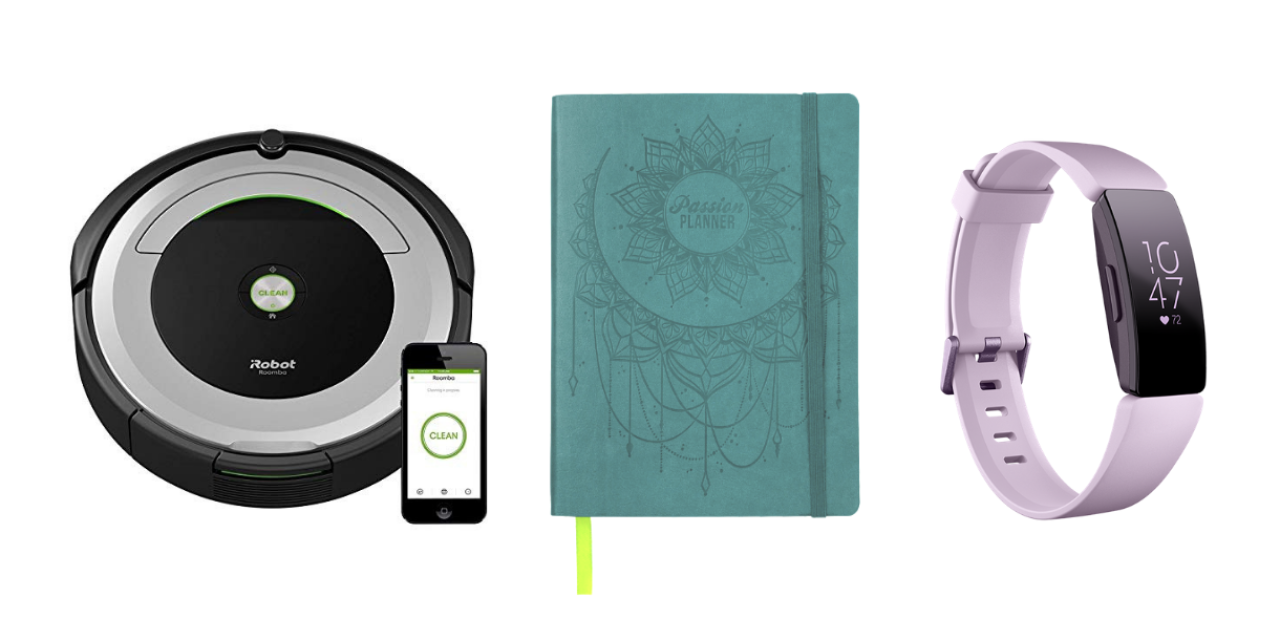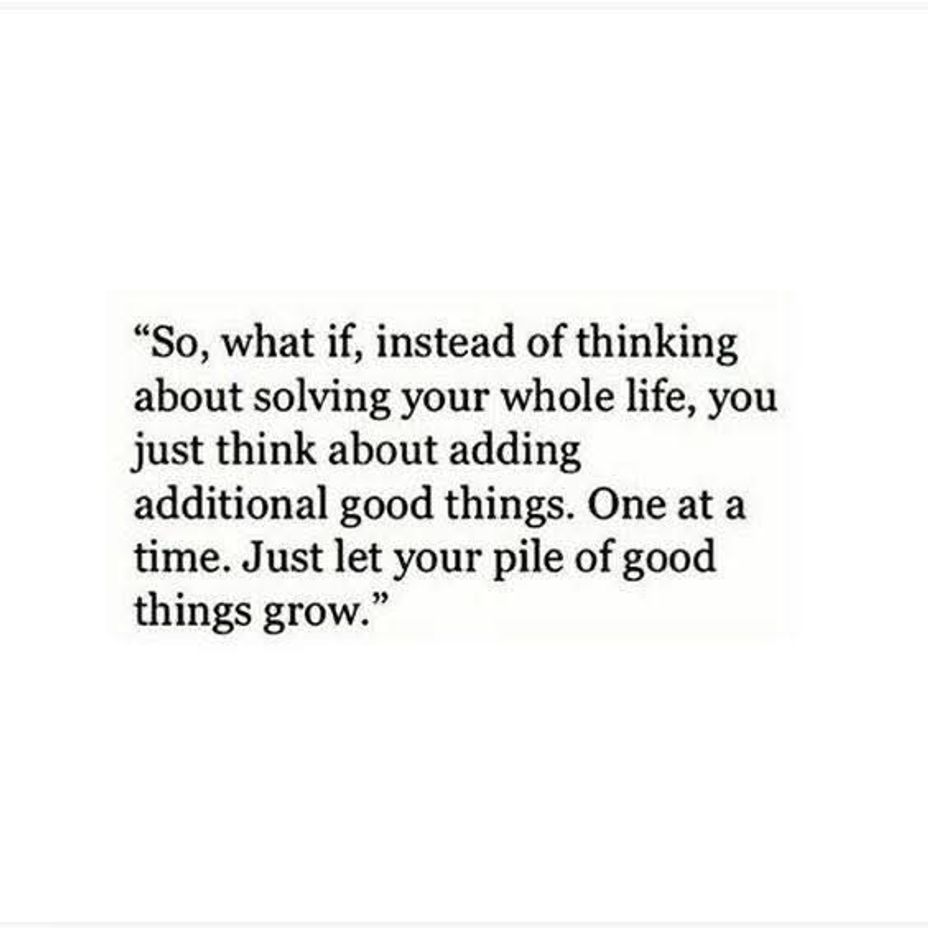Thomas asked a question in response to my poem “Misunderstood.” What can we do to alleviate the problem of being misunderstood? The answer to such a broad topic is beyond the scope of this reply. Instead, I will confine my remarks to the reason I posted “Misunderstood” in the first place.
Posting “Misunderstood” was a knee-jerk reaction to my belief that my previous poem, “Haunting,” was misinterpreted. When my writing seems to evoke confusion rather than understanding, I become deeply frustrated. I started writing in earnest because I was experiencing symptoms of depressive psychosis and I wasn’t able to communicate that to my therapists through our conversations. When a session was over, I always felt that my file had been confused with someone else’s, because what my therapists said I was experiencing was milder than what my reality was. When a person experiencing depressive psychotic symptoms becomes suicidal, being misunderstood isn’t simply invalidating. It is life threatening when you have been buried alive, in desperate need of oxygen and a shovel, and the therapist keeps walking over your grave with a flashlight, thinking he can lead you out of the darkness. The isolation you feel in those moments is lethal, because you understand that if he could help you, he would have a shovel. If you truly mattered, he would have a shovel. When my writing is misinterpreted, I return to that place where the only person who can help me brought a flashlight to a shovel fight, because I failed to explain my situation clearly.
When the flashback goes, what passes for a rational state for me returns. A previous poem, “Unread,” talks about the risks of sharing writing. This is one for me. I accept this as a consequence of posting my work. I also acknowledge that many different interpretations of a poem are valid. Finally, I may simply be a bad writer. “Bad” means that I am trying to communicate specific things with my writing, and when the interpretation is the opposite of my intention, I have failed. It is probably an error on my part to bring a “specific meaning” mentality into poetry, but the habit is deeply ingrained.
The central point of “Haunting” is that the past is the only thing that exists. The idea of “being present” wasn’t on my mind at all when I wrote it. If readers are inspired to practice mindfulness and presence because of the poem, that is fine. However, if a reader asserted that I intended to highlight the importance of presence and mindfulness with this poem, they would be wrong. I had no such intention. “We were ghosts already./Haunting our own lives” isn’t a warning. We don’t live in the future, and the present is only a dividing line between future and past.
I have been removing overgrown vegetation from my yard with a European style sickle. Using a sickle requires presence of mind. You consider where each stroke is going to end. If it is going to end inside your foot, you reconsider. To paraphrase Yoda, always your mind on what you are doing. Doing otherwise is dangerous. I feel a sense of accomplishment, but not while I’m focused on avoiding amputating my foot. The sense of having done something resides in the near past, with my memory of having done it, along with my regrets. I was cutting down stinging nettles without gloves. Also residing in the past is a note to myself: use gloves next time, if the future-becoming-the-past includes gloves.
#Depression #MentalHealth #PTSD #Trauma #Suicide #Disability
